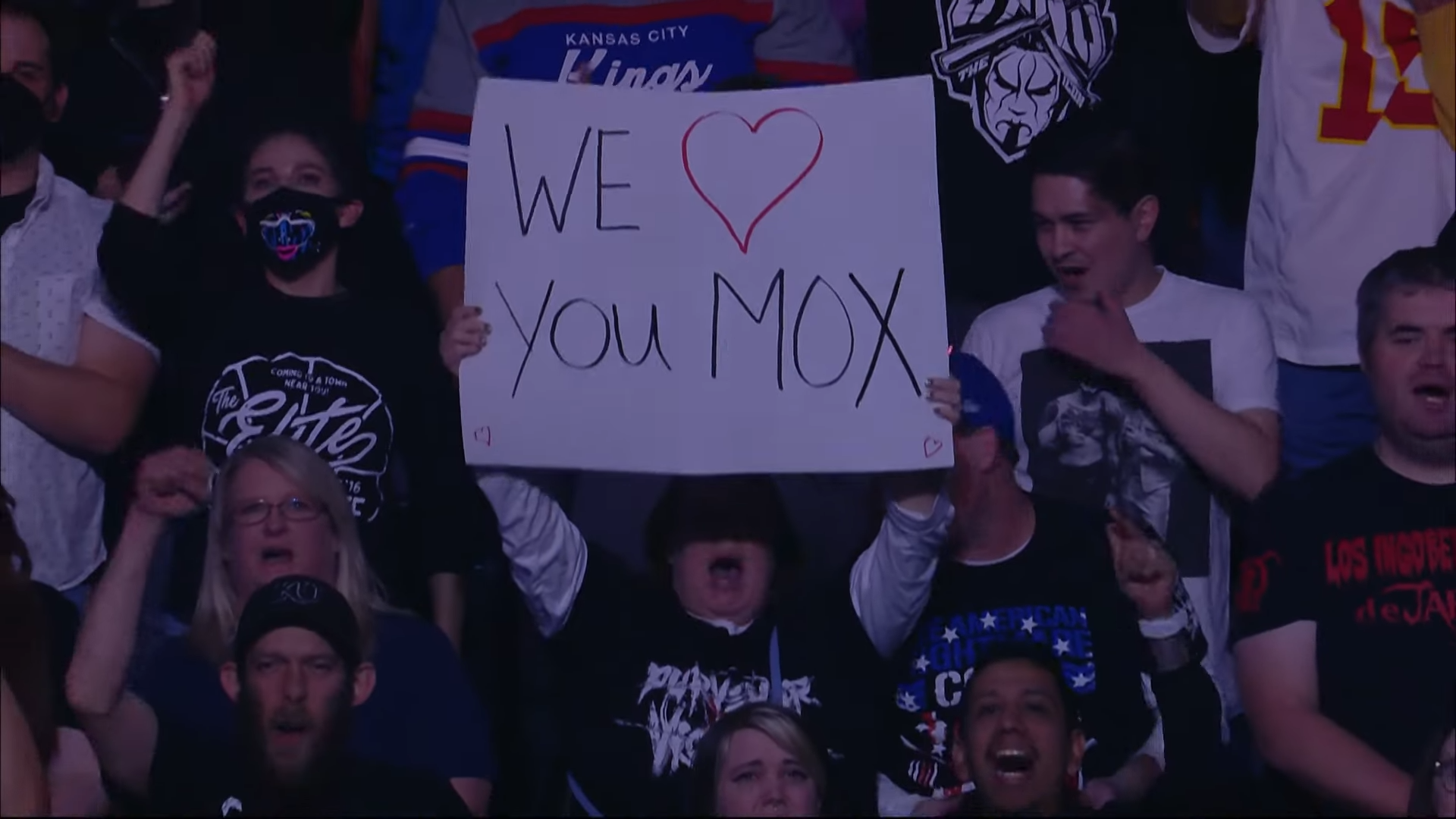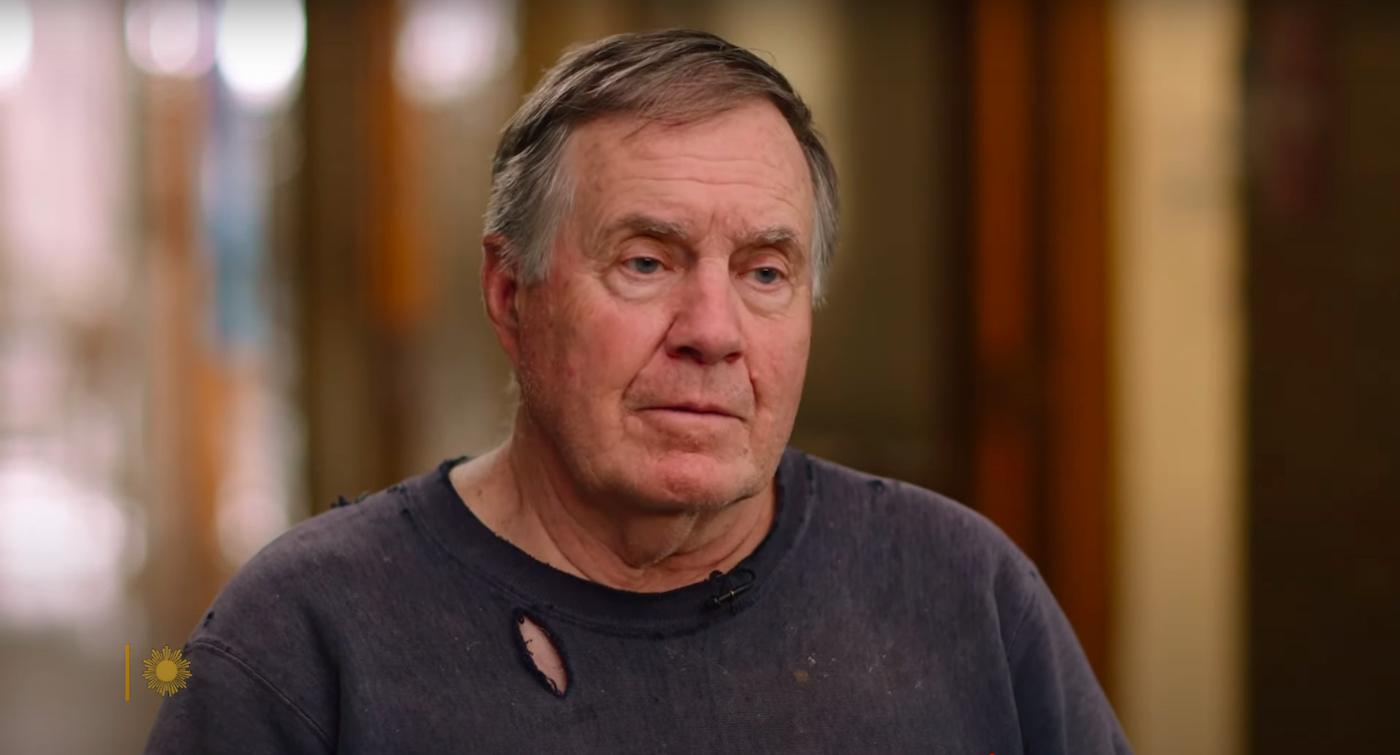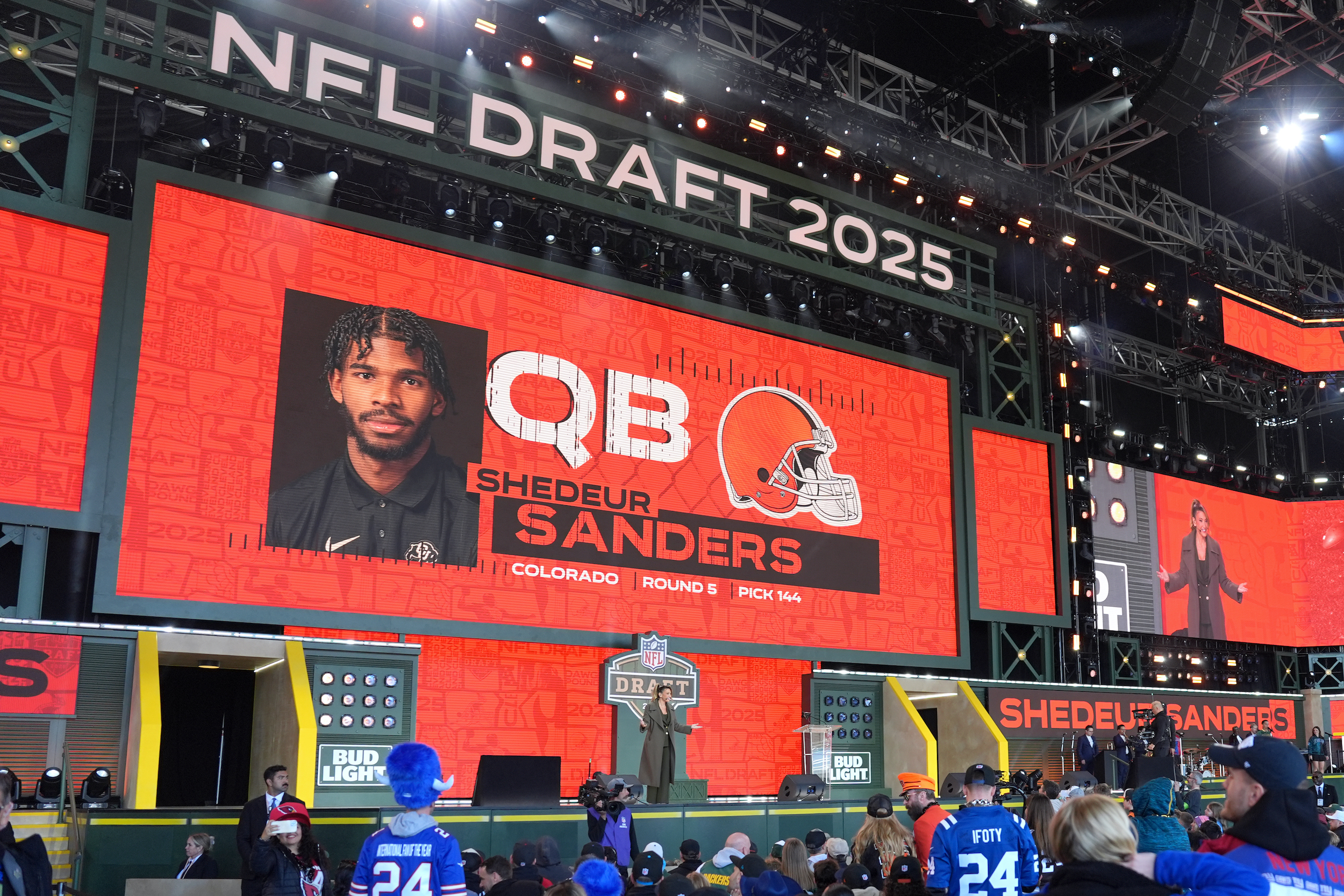No corner of the sports or entertainment industries has been rocked by drug- or alcohol-related tragedies quite like wrestling. So many performers, from beloved main-eventers to obscure mid-carders, have died young that there's literally a whole TV show devoted just to chronicling stories about "the dark side of the ring." The traumas that those stories have inflicted on the business are evident by the way so many within it today choose to live. By any account, the wrestlers of 2021 are cleaner, kinder, and safer than the wrestlers of the past, and you could easily fill up a hot PPV card exclusively with stars who abstain from drinking—Kenny Omega, the Young Bucks, CM Punk, Bryan Danielson, Darby Allin, and Sammy Guevara to name a few from AEW in particular. Jon Moxley, hopefully, will be able to proudly add his name to that list in the near future.
In an announcement shared late Tuesday night, AEW President and CEO Tony Khan informed fans that Moxley, one of his company-defining stars, was entering an inpatient alcohol treatment program.
Jon is making a very brave choice to get help, and we’re embracing his choice and supporting him however we can.
— Tony Khan (@TonyKhan) November 3, 2021
Moxley's wife, Renee Paquette—with whom he has a months-old daughter—made her own public statement on Wednesday afternoon.
Thanks for this outpouring of support. Jon is every bit of the badass we all know him to be. I couldn’t be more proud of him for getting to proper help he needs, and being given the space to put his health first. Couldn’t possibly love this man more ❤️
— Renee Paquette (@ReneePaquette) November 3, 2021
This was shocking news in large part because of the way that Moxley's situation contradicts so much of what is commonly believed and assumed about addiction. If you had asked me mere minutes before Khan tweeted, I would have said that Mox (real name: Jonathan Good) was personally and professionally living the best days of his life. On Tuesday, he released a very compelling, entertaining, and idiosyncratic memoir that I totally believe was not ghostwritten. (This brief excerpt alone gives you a great look at his Mamet-esque grasp of curse words.) As a wrestler, he was traveling across a reopened country doing both the hardcore indie dates that seemed to be his lifeblood and the huge TV shows where he appeared completely fulfilled creatively. And ahead of a hugely anticipated PPV match against Danielson this month, his unhinged purveyor-of-violence character seemed to be taking a fascinating turn as a result of the newfound emotions stirred in him by his young daughter. The quiet, atypical promo he cut about her on AEW Dynamite less than two weeks ago left me stunned and thrilled—and I've thought this dude was the shit ever since he ignited my AEW fandom two-and-a-half years ago.
"I'm gonna win this whole damn thing!"@JonMoxley's road to winning the #AEW World Title Eliminator Tournament starts THIS WEDNESDAY on #AEWDynamite when he faces #DarkOrder's @Pres10Vance - Tune in NOW for Saturday Night #AEWDynamite LIVE on @tntdrama pic.twitter.com/salaOAdAdh
— All Elite Wrestling (@AEW) October 24, 2021
That is, of course, the whole thing about addiction: The scars are not always visible on the outside. Because Moxley's struggles came as such a surprise to the general public, it's easy to instinctively frame this news as sad or lamentable. But his choice to get help is anything but. It is, rather, the inspiring decision of a famous man who could have gotten away with a lot of bad stuff if he so desired instead opting to go down the more difficult, more humbling path that will hopefully in the end make him a better father, a better husband, and less importantly, a better entertainer.
"It's a good thing that Jon is doing, and it's a brave thing, and we're all here to support him," Khan emphasized in a radio interview with Bryan Alvarez on Wednesday.
The support of fans and peers was evident all over the Internet in the hours after Khan first tweeted, but it all coalesced tangibly and powerfully during an early segment on Dynamite on Wednesday. The show was originally meant to be headlined by a Moxley match against Orange Cassidy, and the hasty restructuring was easy for a viewer to pick up on. But more important than any worked feud or match were the words that CM Punk had for the audience at home and in Missouri before he cut a storyline promo on Eddie Kingston. Punk, the most iconically straight-edge wrestler of all time, avoided the high-fives and smiles with ringside fans that usually accompany his talking segments. Instead, he walked straight to the ring and encouraged fans to chant not his own name but Moxley's. The crowd obliged.
"I know what it's like to go and go and think you have to be so tough and better than everybody else and wrap up injuries and be sick and show up to work and do all these things that get compounded," Punk said, "and eventually get to a point where you have to take yourself off the hamster wheel. And I've been criticized for it. I don't want anybody to criticize Jon Moxley, because I am goddamn proud of him."
He continued, "If anybody here or anybody at home watching on television, if you're in a place where you think you need help, get it. Ask for it. Reach out. Text somebody. Call somebody. There's nothing harder that you can do in the world, but there's nothing more courageous as well. There's nothing wrong with asking for help. Hell, there's been plenty of times in my life and career that I wish I asked for help, and I didn't, because I thought I was being a tough guy."
I'm generally pretty cynical about the oft-overstated power that celebrities' words can have on the private actions of others. But this moment of TV was very cool in a way that went against pretty much every stereotype and misconception that still surrounds pro wrestling. It continued an important shift in traditional, archaic definitions of strength and weakness that I also noticed in a "Hangman" Adam Page promo last month, where the beloved No. 1 contender for the title talked proudly about, among other things, "having the balls" to take time off earlier this year for the birth of his son. It reimagines manhood and toughness as something more than just an intimidating exterior and instead puts a premium on the less-visible power to take care of yourself and your loved ones.
The Punk promo was, at its core, a public repudiation of toxic masculinity, of bottling up problems and issues and refusing assistance. And the crowd went wild for it. They chanted Moxley's name just like they do when he enters to "Wild Thing" or gets out the barbed wire, except this time they were doing it because he had the guts to ask for help. The thing is, Mox wasn't there. Though I imagine he will see this outpouring of support sooner or later, the cheering wasn't just about affirming one person's recognition that some problems are too tough to handle alone. The chants were for Moxley. But they were also for anyone who might have needed to hear them.






